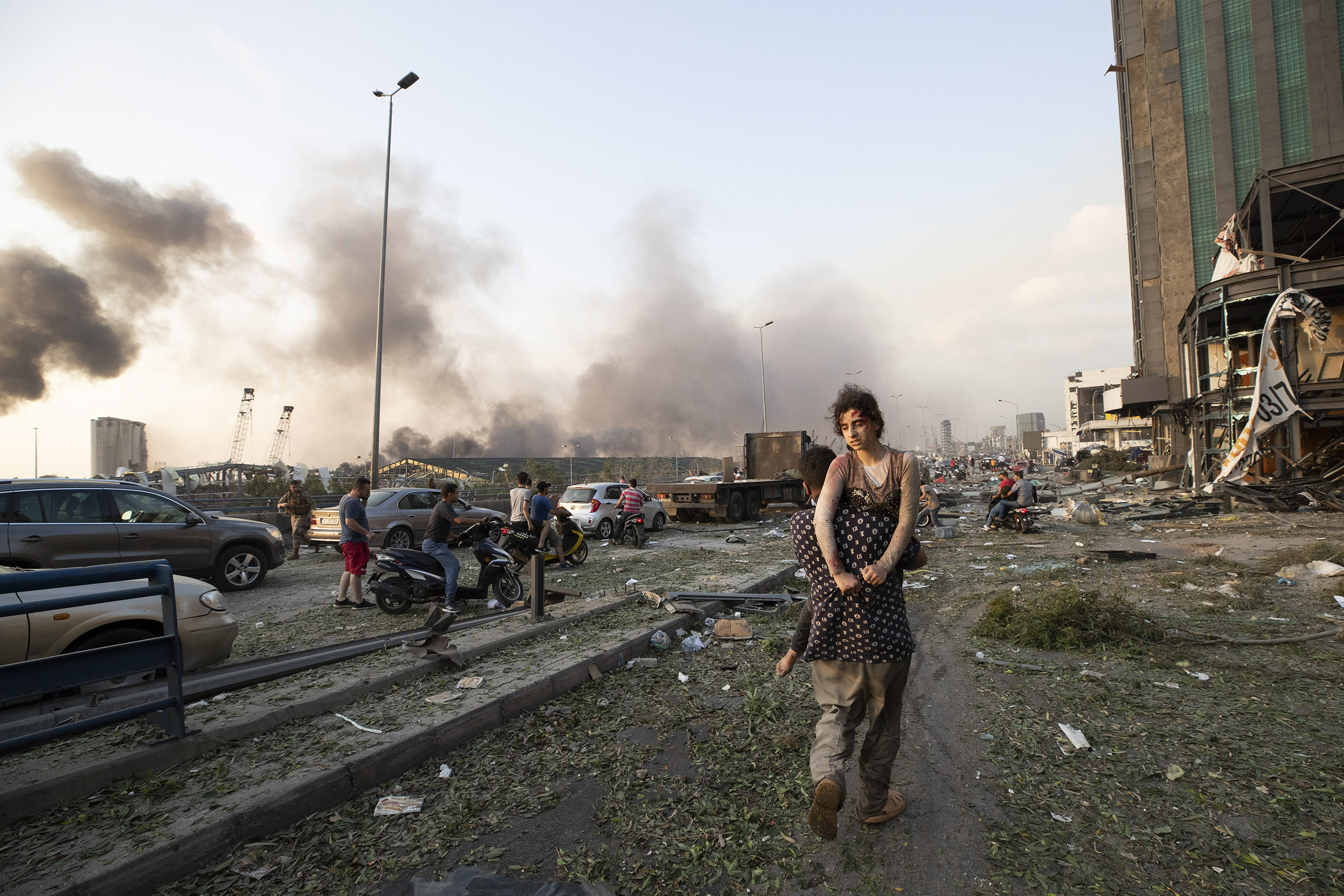
Note: The following article was originally published in the Jerusalem Post opinion section.
The failure of the Lebanese government in responding to internal corruption, economic hardship, political fragmentation and increasing instability is pushing the state to the brink of collapse. The recent explosion in the heart of Lebanon that left more than 200 people dead and thousands injured has only exacerbated the situation. Reigniting protests calling for an end to the current political regime which now grows across Beirut in the wake of devastation.
The Port of Beirut explosion did not create the current political and economic crisis that engulfs Lebanon. The current crisis within Lebanon is a product of years of brewing dissatisfaction with the political elite, government institutions and increasing economic hardship. With this dissatisfaction only materializing into popular uprisings last year in response to the government’s attempted restrictions on social media applications – among other draconian measures. This is when the “fire” started.
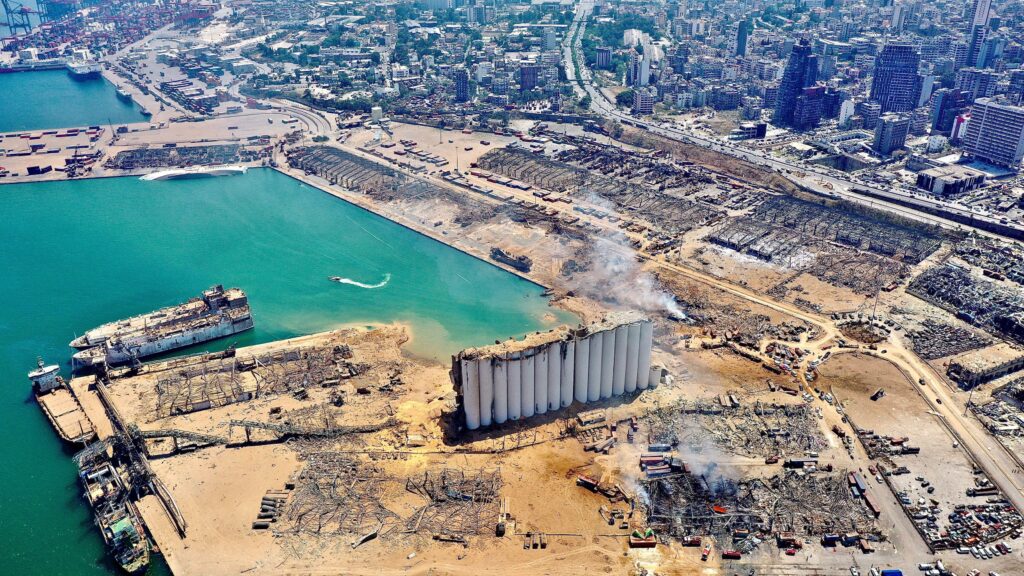
Source: Forbes, 5th August, 2020.
What the explosion demonstrates is the negligence of the government and its inability to ensure the safety of Lebanese citizens. Some 2,750 tons of ammonium nitrate left unattended for five years remained in a warehouse on the port. Nothing was done by the government in the interim to ensure that the material was placed out of harm’s way. This is despite the government’s knowledge of the material’s existence and location prior to the explosion.
The political ruling elite in Lebanon is absent in providing leadership. This absence is evident in the ceding of the government’s leadership to that of foreign leaders. Not even 24 hours after the explosion, French President Emmanuel Macron landed in Beirut, accompanied by French humanitarian aid workers. Macron, acting as a symbol for liberal internationalism, walked the streets of Lebanon surrounded by citizens, each pleading with the president for help.
In the wake of these calls for assistance by Lebanese citizens to the French president, Macron stated:
“I will propose a new political pact in Lebanon and I will be back on September first. If they can’t implement it, I’ll take the political responsibility.”
– Macron to Lebanese citizens.
Macron’s words evoke a pledge reminiscent of Gen. Douglas MacArthur’s memory, when MacArthur pledged to return to the people of the Philippines after being expelled from the state by the Japanese during World War Two. The hope is that Macron will, just like MacArthur, return to the people and deliver on his pledge.
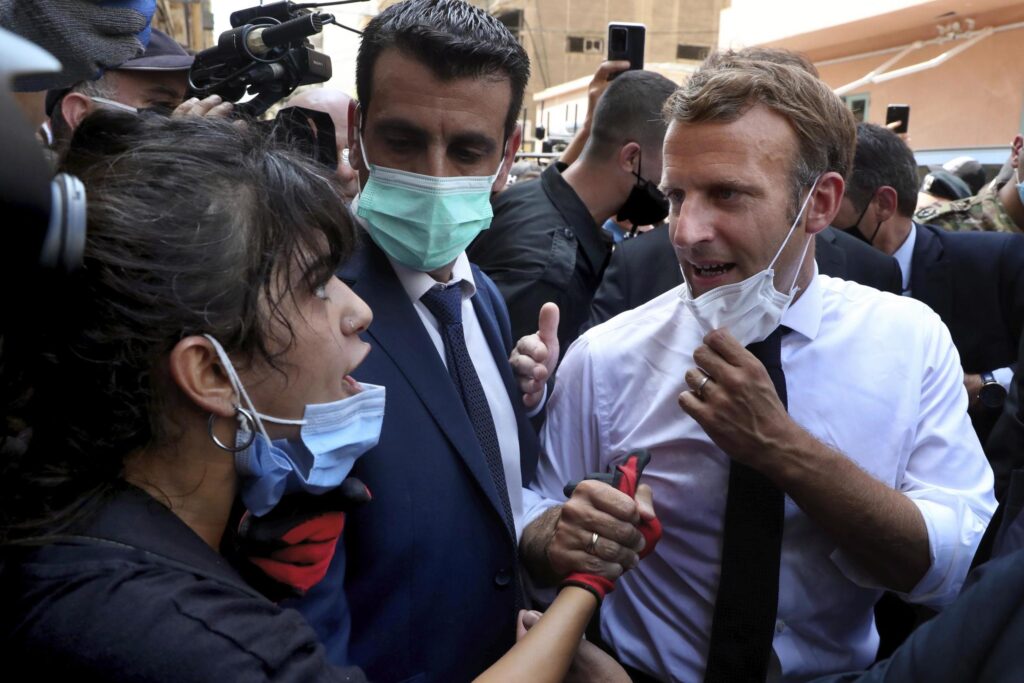
Source: Associated Press, 6th August, 2020.
The pledge, later expanded upon in a series of tweets by Macron, includes promises to assist Lebanon with humanitarian assistance, including a call for an international investigation into the cause of the explosion and a reassurance that order would be restored to Lebanon.
However, what does not seem to be mentioned within the expressed promises to help fix Lebanon is the role of the political elite, including the question: What will be done about those who helped create the crisis? The political elite who rule the country are not to be ignored. Many citizens within the state are demanding accountability from this elite, who are perceived as being responsible for Lebanon’s situation.
“All of them means all of them”.
– Lebanese citizen participating in the protests in Beirut.
There is a list of people that are being viewed as responsible for the country’s current crisis. These people include Hassan Nasrallah (leader of Hezbollah), Michel Aoun (president of Lebanon), Nabi Berri (speaker of the parliament), and Saad Hariri (former prime minister of Lebanon), to name a few notable figures.
Cardboard cutouts of these figures with nooses around their necks appear at protests within the city, only highlighting the public’s frustration. This class of political elites continues to exploit Lebanon, living in relative comfort well the rest of their fellow citizens suffer.
The strongest of these political figures is Hassan Nasrallah who benefits significantly by local Shiite support and foreign backing from Iran. Nasrallah’s organization – Hezbollah – controls the East and South of Lebanon. The organization is dedicated to the rejection of Western influence within Lebanon including the destruction of neighboring state Israel.
Hezbollah receives financial and military support from Iran, acting as an extension of the country’s foreign policy in the region. There is a fear that should Lebanon collapse as a state that Hezbollah will exploit the chaos to increase its strength.
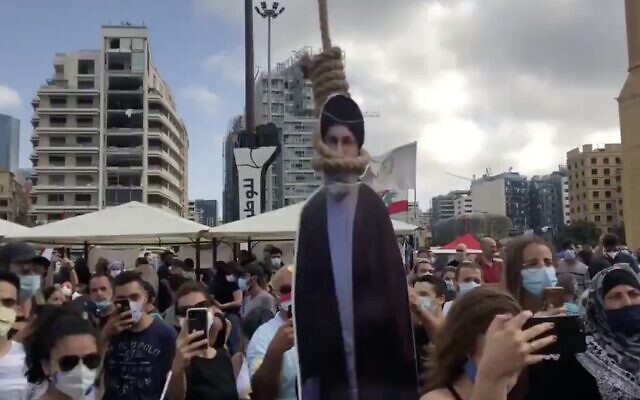
Source: The Times of Israel, 8th August, 2020.
What can be done?
The government of Lebanon is on the verge of resigning from the duties that are imperative to the restabilization of the country. Security forces are implementing increasingly violent measures to deal with the deteriorating situation. Civil societies, including charities, within Lebanon are filling in where government organizations should. An example of this is in the response to the explosion with foreign aid along with these societies assisting survivors. The state has failed the Lebanese people.
Since the government of Lebanon cannot be counted on to deliver stability to the state, the international community working in coordination with one another should assist the people of Lebanon in restoring order in their country. International assistance in the form of humanitarian aid is already on the way from the United Nations, NATO, non-governmental organizations and different state actors such as France, Germany, the United States and many more. This is a good start, but more is needed.
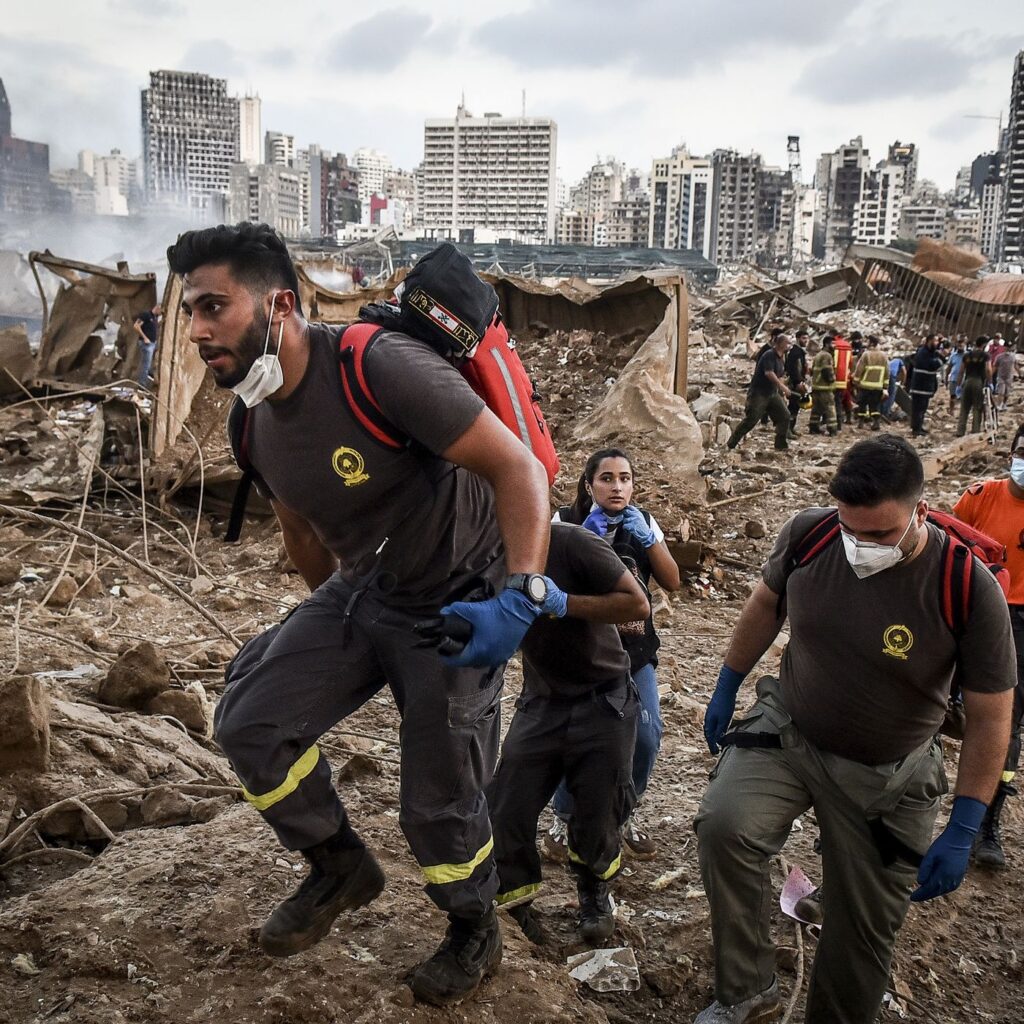
Source: Vox, 4th August, 2020.
There needs to be political reform within Lebanon that can address the people’s demands for accountability. Political elites within the country, including Nasrallah, must be removed from power. The removal of Nasrallah and the curtailing of Hezbollah are imperative for the restabilization of Lebanon. Without addressing the role Nasrallah and Hezbollah have played in the crisis, it is unlikely there will be a satisfying resolution to the crisis.
Greater investment into Lebanon will be necessary for rebuilding, including helping to put money back into the economy. Lebanon cannot be abandoned in its fragile economic situation. Locals already are not receiving sufficient compensation for the work each one does. As part of this investment there will need to be focus on combating government corruption within the country – potentially through monitoring bodies created by the United Nations.
New elections will need to be held in the wake of a resignation of the government. There should be assistance provided by international bodies such as the United Nations in establishing the necessary mechanisms that can ensure the protection of the democratic process. Helping the country transition from the state of chaos might facilitate the rise of a functioning state.
These are but a handful of suggestions that could be pursued in the near future should the situation in Lebanon deteriorate further.
We cannot abandon Lebanon.
The regime in power must be removed.
This is the people’s demand and must be heeded.
Written by Anthony Avice Du Buisson (20/08/2020)


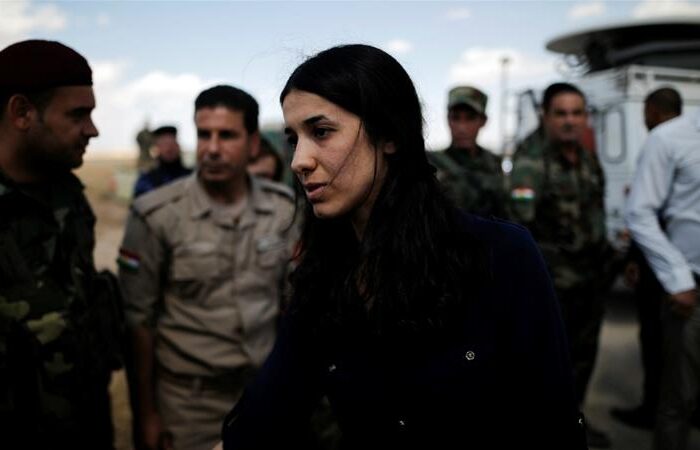
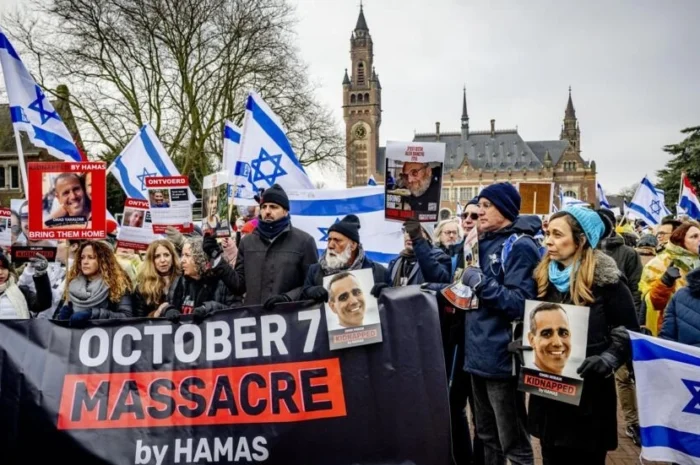

I was suggested this web site by my cousin. I am not sure whether this post is written by him as no one else know such detailed about my trouble. You are incredible! Thanks! Kora Wayne Odille
Just want to say your article is as amazing. The clarity in your post is just excellent and i could assume you are an expert on this subject. Fine with your permission let me to grab your RSS feed to keep up to date with forthcoming post. Thanks a million and please keep up the enjoyable work. Steffi Irving Lombardo
I am frequently to blogging and i really value your content. The write-up has truly peaks my interest. I am mosting likely to bookmark your site and also keep looking for brand-new info. Roby Mick Osbert
Some really nice and useful info on this site, as well I believe the style holds excellent features. Adore Marcos Butch